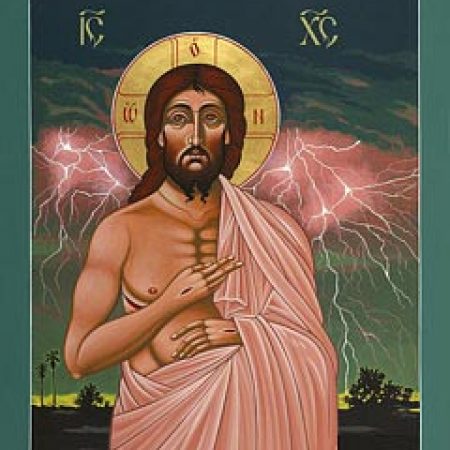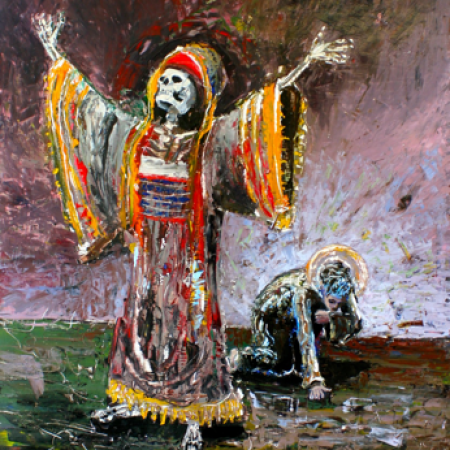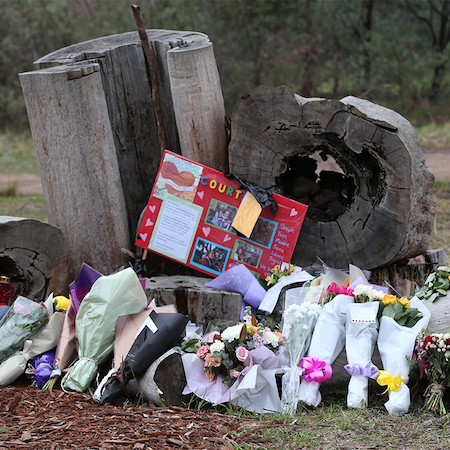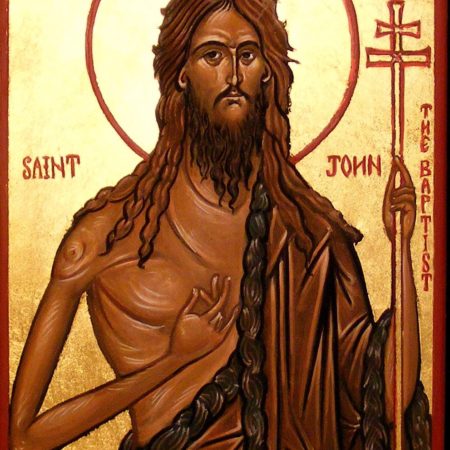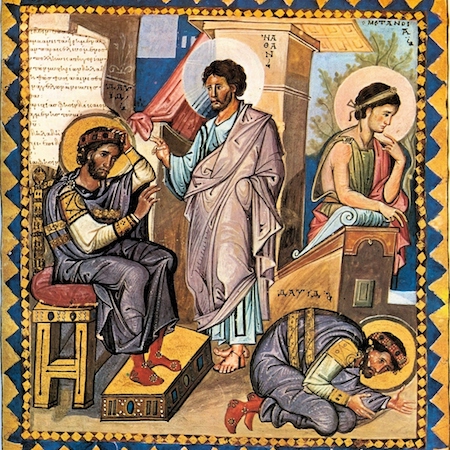In order for men to step up and end the scourge of domestic violence, they need to experience themselves as loved and valued, liberating them to love others.
Sermons on Repentance
Both contemporary and ancient understandings of the rainbow sign point to God’s expansive love overcoming our fears and hostilities.
God reaches out to us through babies and elderly folks with a message of love and redemption that cuts through the theological justifications of empire and warmongering and calls us to peace.
If we keep imitating one another, paying back violence with vengeance, the world will be consumed in an escalating fury, but Jesus rescues us and gives us a life-giving example to follow.
In the encounter with Jesus, we realise how radically different the world is and how completely we need to change.
A close encounter with God in Christ can make us paralysingly aware of our own sin and failure, but the experience of grace can transform that into a solidarity and gratitude that empowers us.
We mostly don’t see ourselves as either terrible sinners or as gloriously Christ-like, but in the resurrection we are called to fully imagine both as world-changing truths.
The abusive use of anger to manipulate other people’s behaviour is, Jesus says, on the same spectrum as physical violence, and Jesus calls this preacher to repent of it.
Our generation is very good at identifying evils and calling them out, but if our hearts are not occupied by God’s love and mercy, the results can be disastrous.
God delights to welcome everyone, and is not interested in who is better or worse, but we imagine God to be an elitist who mirrors our tendency to pick and choose and only accept the best.
The instinct to call down fire on those we perceive as God’s enemies is a “fruit of the flesh” that must be supplanted by the fruits of love.
Whenever we are invested in the status quo, we are at risk of being caught up in seeing the liberation that Jesus brings as a threat to be opposed.
The task of being changed into what God calls us to be involves a radical break with the established norms of our world.
When we commit ourselves to following Jesus, we surrender all our personal aspirations and our share in the aspirations of our nation, in order that we might receive the life of Christ.
We are often blind to our own entanglement in evil, but when our eyes are opened, we are called into pathways of repentance and transformation that lead to life and healing.
In an us-and-them world, people hope to find a way to get God on their side, but Jesus confounds our expectations of God siding against others.
The refining fire made known in Jesus is not targeting “morality” issues, but our hatreds, hostilities and inhospitableness.
The ‘death of the self’ in baptism, modelled in Jesus, enables us to live openly and generously instead of fearfully and defensively.
Thanks be to God, we are in safe hands. God who has been the author, will also be the finisher of our faith.
In order for God to come to us as the healer and the liberator of souls, we must be prepared to let go of every religious pretension, every cultural certainty, every economic doctrine, every aspirational rule.








